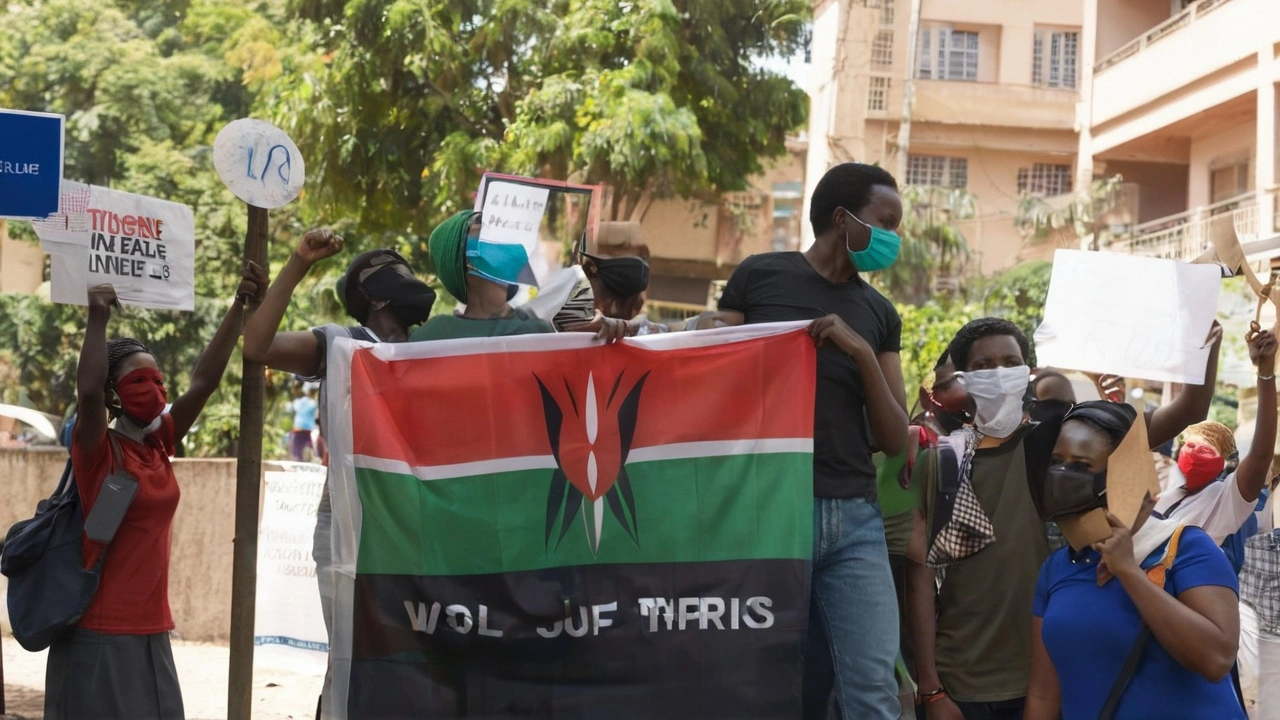Middle East Conflict — What’s Happening and Why It Matters
The Middle East conflict isn't one story — it's a tangle of politics, history, and local disputes that can suddenly change global markets, migration and regional alliances. You don’t need every detail to understand the big moves. Focus on who’s acting, what they want, and who’s being hurt.
Who’s involved and what they want
At the core are local actors with long histories — states, militias and political groups. Their goals overlap: control of land, security, political power and influence. Outside countries often join in for strategic reasons: weapons, bases, or to back allies. That mix turns local fights into regional ones fast. Watch for shifts in alliances and foreign military support — those often signal the next phase.
Key flashpoints change, but patterns repeat: surprise attacks, air strikes, sieges and cycles of retaliation. Each cycle raises the human cost and increases pressure on nearby countries, which then face refugee flows, trade disruptions and political strain.
Why this matters for readers in Africa and beyond
Effects ripple far from the battlefield. Energy prices and shipping routes can spike within days. African countries can see higher fuel bills, slower trade, and political fallout if citizens or governments back different sides. Refugee movements also affect border towns and services in several African nations. Knowing the stakes helps you read headlines smarter — not every report means a new war, but some mean big economic or humanitarian changes.
Humanitarian impact is immediate and lasting. Hospitals, water and food supplies often take the worst hit. Civilian displacement forces families into camps or across borders. Aid access becomes a daily battleground. When you read reports of blocked convoys or bombing near hospitals, that’s where people’s lives change permanently.
Want reliable updates? Follow multiple trusted sources: established international outlets, verified local reporters, and specialist NGOs on the ground. Treat viral posts and single-source claims with caution. Look for on-the-ground photos with location tags, quotes from multiple witnesses, or confirmations by aid groups before sharing.
For travellers and diaspora: check travel advisories from your country, register with your embassy if you live in the region, and have an evacuation plan. Avoid demonstrations and military checkpoints. If you’re following friends and family there, keep messages short, clear and frequent.
What to watch next: major ceasefire talks, shifts in military backing, opening or closing of aid corridors, and refugee counts. Those indicators tell you if a crisis will deepen or ease. We’ll keep updating this tag with timely stories, big-picture explainers and verified briefings so you can stay informed without the noise.
Follow Patio Pulse for clear, regular updates tailored to African readers and global watchers who want fast, trustworthy context on how the Middle East conflict could touch their lives.

Kenya Launches Urgent Mass Evacuation for Citizens from Lebanon Amid Rising Middle East Tensions
Keabetswe Monyake Aug 6 19The Kenyan government is rapidly moving to evacuate its citizens from Lebanon amid escalating Middle East tensions. Rising fears of conflict have prompted the State Department for Diaspora Affairs to urge Kenyans to register for evacuation and relocate to safer areas. The call comes as violence between Israel and regional groups intensifies.
More Detail